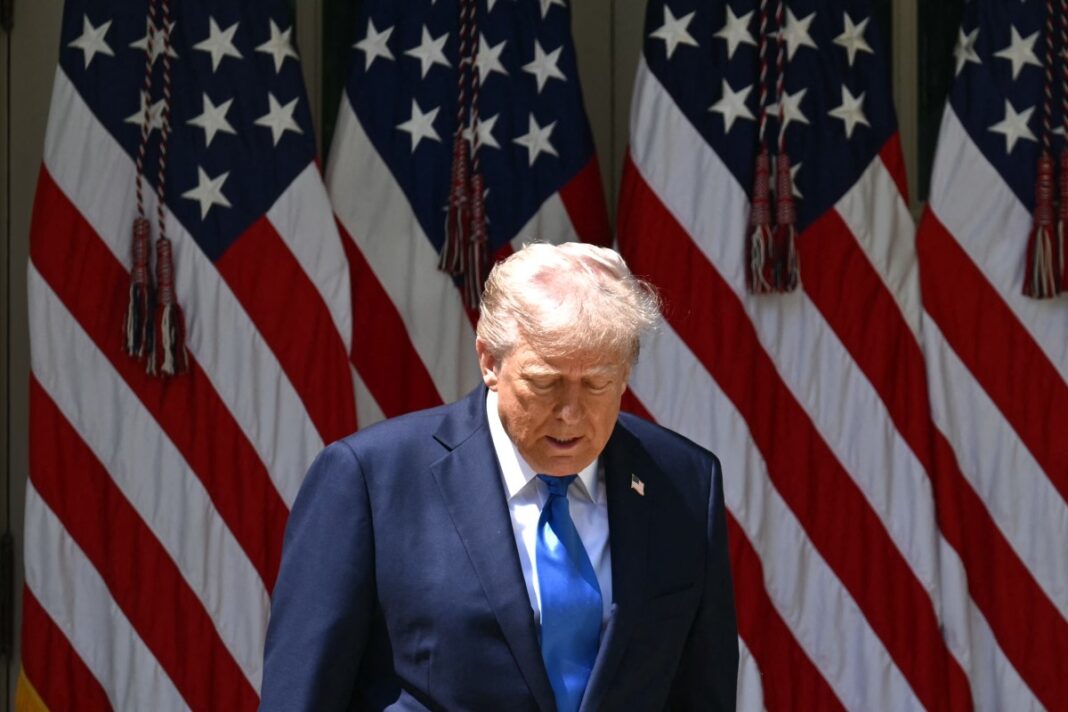Harvard Sues Trump Administration Over Policy Blocking Foreign Students…Harvard University has taken legal action against the administration of former President Donald Trump, challenging a controversial immigration directive that threatened to strip international students of their visas if their coursework moved entirely online due to the COVID-19 pandemic.
The university, joined by the Massachusetts Institute of Technology (MIT), filed the lawsuit in federal court, arguing that the policy was both harmful and legally indefensible.
The dispute stems from a July 6, 2020 directive issued by the U.S. Immigration and Customs Enforcement (ICE), which stated that non-immigrant students on F-1 and M-1 visas would not be permitted to remain in the United States if they were enrolled in programs delivered exclusively online.
With many universities planning to conduct classes virtually in response to the ongoing pandemic, the directive placed thousands of students in a precarious position, forcing them to either transfer to in-person programs or leave the country altogether.
Harvard and MIT contended in their lawsuit that the policy was issued arbitrarily and without regard for the complex realities faced by higher education institutions during a global health crisis.
The suit argued that the Trump administration failed to follow the necessary administrative procedures, such as providing adequate notice and an opportunity for public comment before implementing the rule.
Furthermore, the universities said there was no rational basis for the policy, which appeared to punish institutions for prioritizing the health and safety of their communities.
The legal filing underscored that Harvard had already announced its plans for a fully online semester in the fall, and that the ICE directive would effectively bar international students from continuing their studies in the United States.
More than 5,000 international students were enrolled at Harvard at the time, and the impact extended far beyond one institution.
Across the nation, colleges and universities expressed alarm, warning that the directive could disrupt the academic lives of over a million international students.
In a statement released shortly after the suit was filed, Harvard University President Lawrence Bacow described the ICE policy as “reckless” and “cruel.”
He emphasized that international students contribute significantly to academic life, research, and campus diversity, and that the policy undermined the country’s tradition of being a destination for global talent and scholarship.
READ MORE: Luka Modric to Depart Real Madrid After Club World Cup
The lawsuit quickly garnered support from a broad coalition of educational institutions, lawmakers, and advocacy groups. Leaders from dozens of universities, including the University of California and Stanford, filed amicus briefs in support of Harvard and MIT.
Even business leaders and state attorneys general voiced opposition to the directive, arguing that it was counterproductive and economically damaging.
Critics of the Trump administration’s immigration stance viewed the directive as part of a broader pattern of hostility toward immigrants and non-citizens.
In their view, the rule was an attempt to pressure schools into reopening their campuses amid a pandemic that had already claimed hundreds of thousands of lives globally.
The policy also drew international backlash. Foreign governments, including those of China, India, and Belgium, expressed concern for their students studying in the United States.
In Belgium, the directive raised uncertainty over the educational plans of Princess Elisabeth, heir to the Belgian throne, who had enrolled at Harvard.
The legal challenge proved successful. Facing mounting pressure and legal hurdles, the Trump administration rescinded the directive just one week after its announcement, allowing international students to continue their education regardless of whether classes were online or in person.
Though the immediate threat was neutralized, the episode served as a stark reminder of the precarious position international students often face in the U.S. immigration system.
For Harvard and many other institutions, the lawsuit was more than a legal battle—it was a stand in defense of academic freedom, international inclusion, and the fundamental mission of higher education.




